People started dancing at least 9,000 years ago to express joy, demonstrate grace of movement and celebrate during religious ceremonies. This is based on the earliest archaeological record – cave paintings found in India that depict dancers in motion, according to DanceFacts.net.
It is estimated there are more than 100,000 serious dancers in the United States. About 10% of dancers who actively pursue their career become professional and find work in the performing arts. About 10% of professional dancers also hold an arts degree from a college or university.
Even professional dancers train every day, averaging 6 hours. To reach their full potential many will turn to an instructor. This is your opportunity to take your love of dance into a lucrative career as a private instructor.
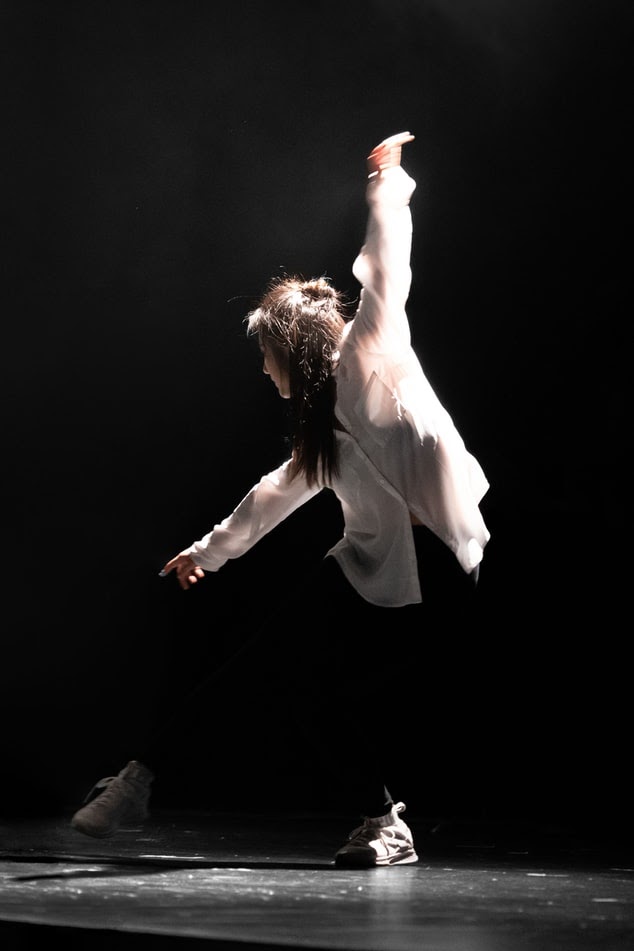
A dance teacher certification is a great way to boost your career by showing students and colleagues that you are dedicated to the highest standards of dance instruction. With certification you’ll also have an edge in the job market over instructors who do not. Becoming certified to teach dance is a wise choice.
A dance instructor certificate program trains you in the modern principles of expressive movement and specific forms of dance, including ballet, tap, jazz and modern.
Depending on your specialization, in addition to dance instruction you may also be able to offer students training in choreography, making your services even more competitive.
Many dance organizations offer certification, from basic to advanced skills. In this article we’ll go over some of the most popular and well-respected. Keep in mind that if you wish to teach in a school as well as offer private instruction, you’ll need a degree in education and a license to teach in your state. That won’t be necessary if you’re strictly offering private lessons.
Ready to hit the dance floor on your way to certification? In this article you’ll learn:
- How much money you can make as a private dance instructor
- The required training and certifications
- Professional groups to join
- Employment opportunities
- Finding dancers to train as a private instructor
- Plus helpful tips for private dance instructors
How much money can you make?
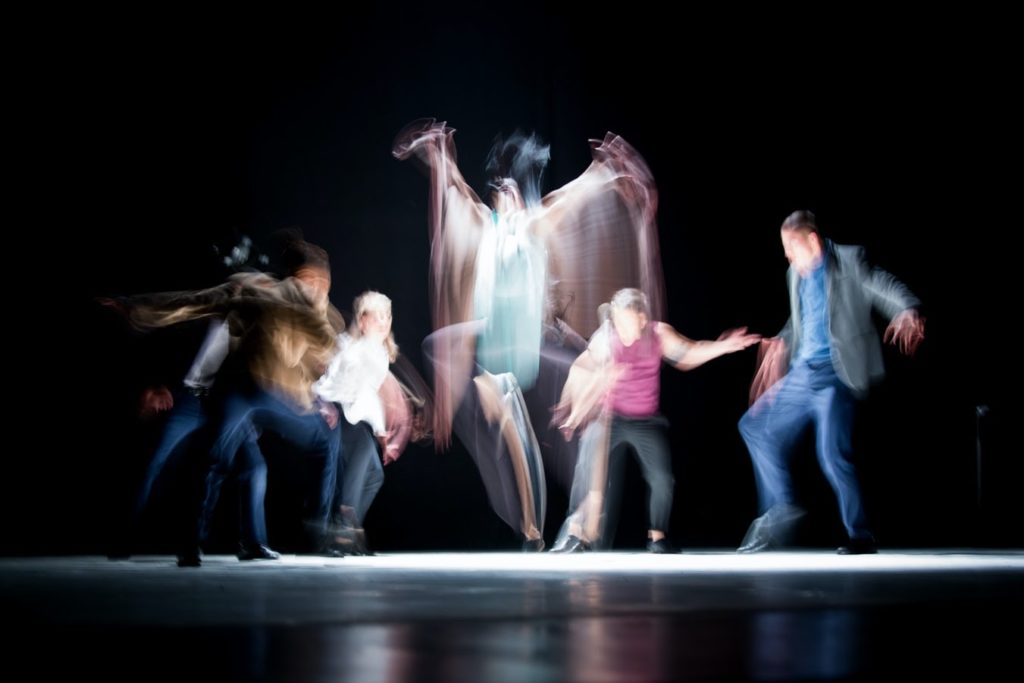
Private dance instructors nationwide currently charge in the range of $60 to $80 an hour, with fees typically higher in major urban centers. A renowned dance instructor in Midtown Manhattan, for instance, where the Theater District is located near Times Square, can easily charge $100 or more per hour and have no shortage of students.
Training and Certification
Dance instructors typically pursue professional certifications after completing a college degree in the performing arts.
Dance teacher certification can appear confusing because there are so many organizations that offer certification for dance instructors. It’s much easier to choose the right certification program if you know what style of dance you wish to teach.
Let’s sort out the major organizations:
Dance Educators of America
The DEA offers several training programs that revolve around four core subjects: Ballet, Jazz, Modern and Tap. During one of these programs you will:
- Learn the principles of dance
- Choreograph exercises in a way that is appropriate to the age, level and skill of your students.
- Develop a curriculum for effective instruction.
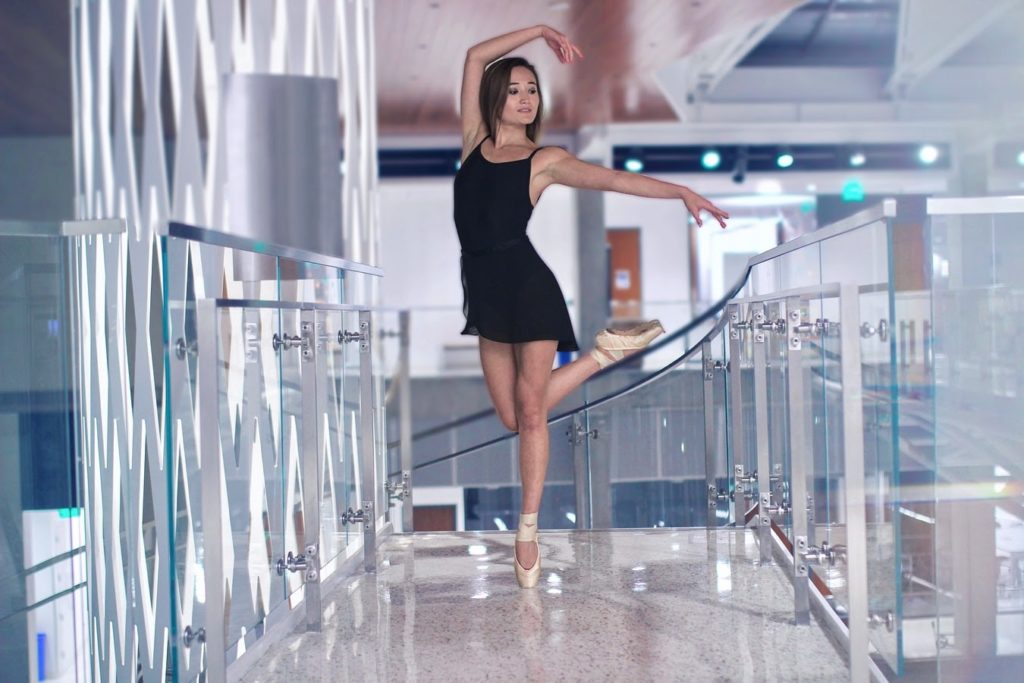
Founded in 1932, today the DEA offers three Certificate Programs:
- Associate Specialized Training Certificate. Completing the 3 levels for this certificate will cost $750 ($250 per level).
- Advanced Teacher Certificate. This program is for teachers who want to expand their knowledge about teaching all the core subjects and how they relate to one another. Pass all 3 levels and the final exam and you will be awarded an Advanced Teacher Certification Diploma. The DEA member rate is $1,000 per level. The non-member rate is $1,100.00 per level, totaling $3,300 for the certification.
- Student Assistant Certificate. This program is for students who assist teachers in dance class. Courses teach the fundamentals of dance instruction and prepare you for the DEA’s advanced certification levels. Other teachers may recommend a dancer for this program to apprentice as an assistant. Pass one or more core subjects and the final exam to receive a Student Assistant Certification Diploma. The cost is $250.00 per core
Ongoing DEA membership is $175 annually.
Dance Masters of America
Their weeklong training program is usually held in late summer and currently costs $400. Dance styles taught include ballet, jazz, modern and tap. Here’s a sample course schedule. Manuals and DVDs to accompany each training module are $25 each.
National Dance Education Organization
The Certificate in Dance Education (CiDE) supports all dance educators working in different teaching environments. Certification requires successful completion of 33 Continuing Education Units (CEUs). This works out to 11-15 online courses. You receive 1 unit for every 4 weeks of instruction, so basic certification can be obtained in less than 3 years if you take only one course at a time. Taking 3 courses simultaneously, you could be certified in less than a year.
Fees per course ranges from $200 to $520 depending on course length the number of education units.
The total cost for certification can range from $5,500 – $6,200.
Royal Academy of Dance USA
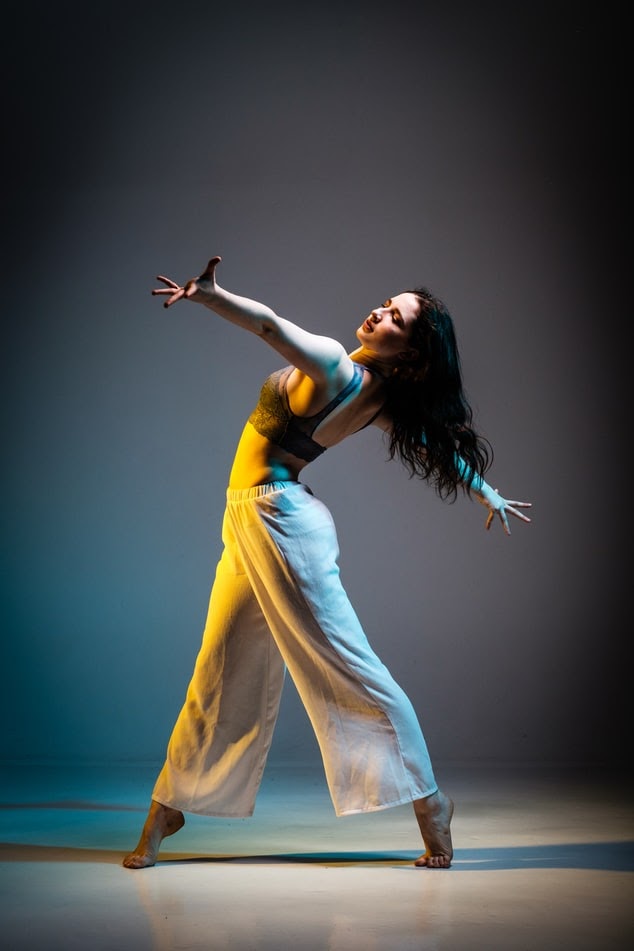
RAD offers online or in-person training at the collegiate level leading to a bachelor’s degree in dance. You need to be a RAD member to pursue advance or specialized training, with basic memberships starting at $87 for a year. There are a dozen different programs to choose from, depending on where you are along your career path.
Cecchetti USA
This widely-respected organization is devoted to ballet. To earn teaching certification in the Cecchetti method, contact the executive director: director@cecchettiusa.org. The director will then recommend a certified teacher in your area and help you start the certification process. Teaching Certificate 1 and 2 each contain two parts. Review the course here. You’ll be eligible for full Cecchetti membership after completing Certificate 1.
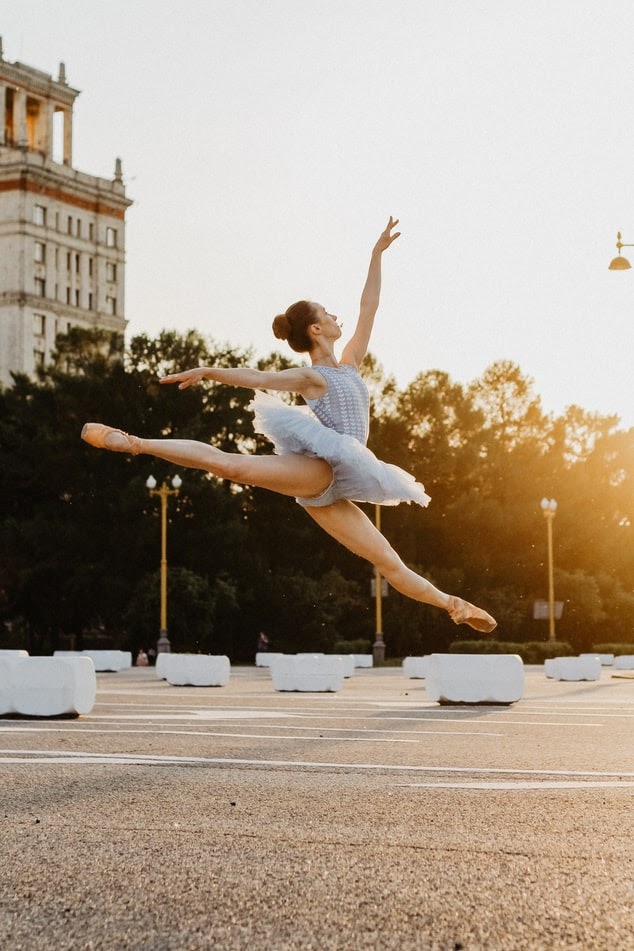
The certification requirements for each of these programs ensure that instructors don’t just know how to dance, but are skilled in teaching students how to become better dancers. Becoming certified makes you better prepared to explain dance theory and the reasons certain styles and moves are executed in a specific way. By understanding how to break down individual steps, you’ll be able to help students replicate the moves on their own.
To get an idea of dance teacher training, this video demonstrates proper dance posture with a breakdown of the steps to illustrate how the moves should be taught.
Professional Groups to join
In addition to any of the accrediting organizations that offer certification in dance instruction, the National Dance Council of America offers many benefits, including access to dance events and awards. You can register here.
Employment
Dance studios offering classes in different styles can be a good place to start as a private dance instructor. In addition to having a place to practice, studios can provide music to accompany the dance lessons.
With a degree in education and a teaching license, you can get a job in public or private schools teaching dance.
Finding Clients
Regular social media posts about your dance classes can build a following. Short video clips work better in commanding attention than long blocks of text. Studies repeatedly show people would rather engage with a video clip than any other online content. Dance classes easily lend themselves to interesting videos since you can present movement and music in a compelling way.
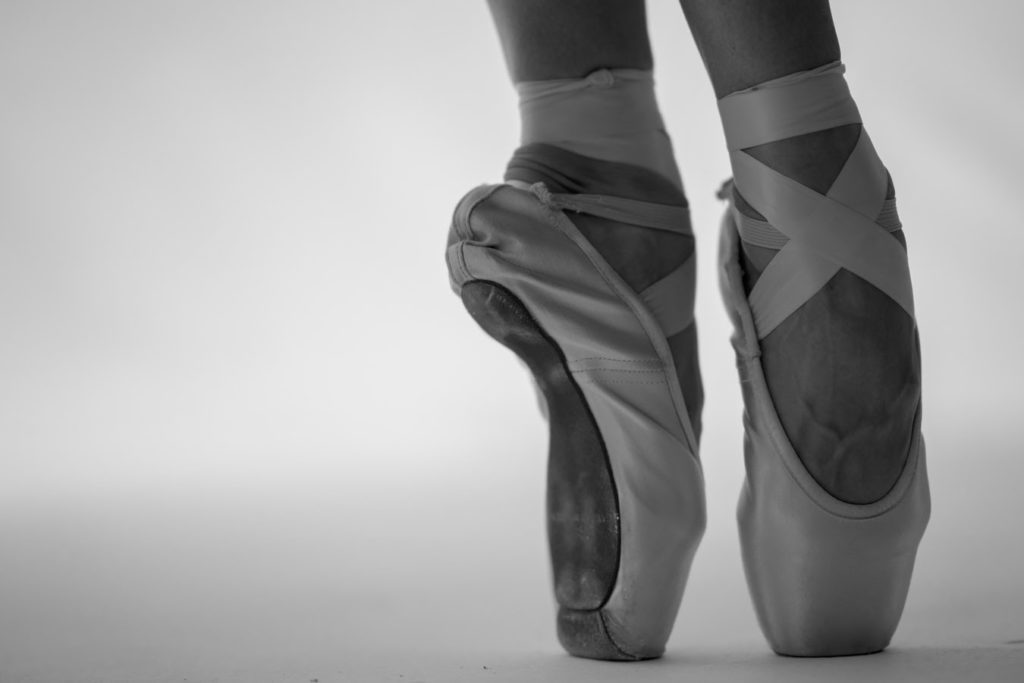
If you build an email list for marketing, try to limit emails to every other week. Otherwise, your beautifully worded messages are liable to wind up in spam folders.
Another strategy for finding clients is to partner with local businesses, such as an athletic shop that sells exercise clothing. Exchange flyers with other business owners, asking if they will let you post a flyer in the window, on a bulletin board, etc.
Free trial lessons are another good way to get new students in the door. Bring-a-friend specials and discounts on lesson packages can also draw business.
Good to know:
- You don’t need to invest in a lot of expensive audio equipment when offering private dance instruction. Program a playlist and load it on your smartphone, then play the music through a portable Bluetooth speaker during teaching sessions. A phone and portable speaker fit easily in a bag. The days of toting around a boombox are gone.
- Promote the convenience of private lessons compared to the fixed schedule of group classes.
- When you’re just starting out, you may have to rent time to use a dance studio. This is a business cost you’ll want to build into your lesson fees.
If you enjoyed this article, check out some other PocketSuite.io content that can help you grow your career as a private dance instructor. Here’s a great place to start.
PocketSuite has thousands of business owners who all started where you are right now. Our community is always happy to help you ramp up, grow your client base, and achieve your income goals, both within the PocketSuite app and as part of our exclusive Facebook Community Group. PocketSuite’s vision is for any professional to be able to work for themselves and make a great living. It starts here. It starts with you. It starts today. Let’s get started, download PocketSuite now! Feel free to reach out with any questions (we’d love to hear from you)! Text us @ (415) 841-2300.





